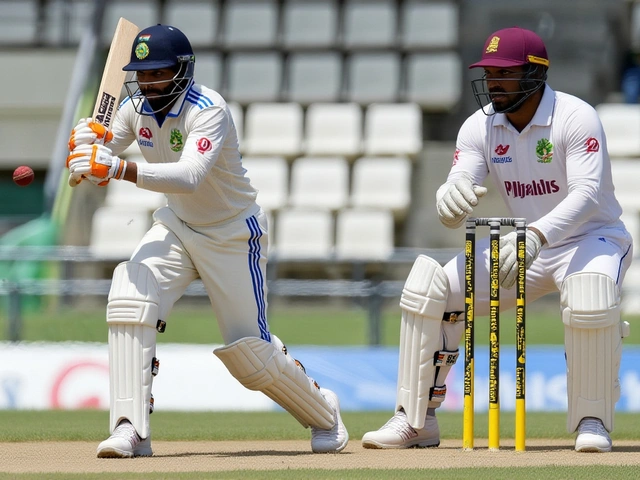Netanyahu's Strategic Shift in the Middle East
Israeli Prime Minister Benjamin Netanyahu has embarked on what many view as a bold and risky endeavor by reaching a ceasefire agreement with Hamas, a historically hostile force in the Palestinian territories. The deal has been brokered through Egyptian mediation, demonstrating a shift in Netanyahu’s strategic positioning. The ceasefire, however, isn’t just a tale of negotiation; it signifies Netanyahu’s deeper entanglements with former US President Donald Trump’s policies, an alignment that gives the deal a nuanced, if controversial, layer. Netanyahu, known for his hawkish stance, finds himself at the crossroads of diplomacy and domestic political strife.
The Influence of a Former US President
Trump’s shadow looms large over this ceasefire agreement. Throughout his presidency, Trump took unprecedented steps in reshaping the US's Middle Eastern policies, recognizing Jerusalem as Israel’s capital and unrolling policies that deviated significantly from previous administrations. Netanyahu, seizing these moments, aligned closely with Trump, a relationship that now reflects in this ceasefire deal. This agreement, aimed at not just stopping the violence but perhaps subtly validating the regional peace narratives championed by Trump, faces skepticism. Critics wonder if it addresses the deeper issues or merely grazes the surface, temporarily muting the clamor of conflict.
A Shift with Potential Domestic Fallout
The implications of this deal infiltrate Netanyahu’s political stronghold. Within his Likud party, murmurs of dissent have surfaced as members grapple with the ideological concessions implied by the ceasefire. The Likud, characterized by its unyielding stance on security, now finds its leader apparently embracing diplomacy over decisiveness. Such a shift raises questions: Will this open old wounds within the party, or could it alienate core supporters who find such shifts tantamount to ‘rewarding militancy’? The balance Netanyahu seeks could very well tip, reshaping his political landscape dramatically.
The Controversial Nature of Peace Agreements
The ceasefire, while seeking to end immediate hostilities, doesn’t quell criticism that it inadequately addresses the underlying catalysts of the conflict. Historical grievances, territorial disputes, and the humanitarian crises in the region are the fossilized challenges that ceasefire agreements repeatedly stumble over. By pausing the violence, the deal buys time but—critics charge—it doesn’t construct the peace many hope for. Could it, then, bind hands, failing to vanish these smoldering seeds predisposing future clashes?
The Role of Egypt in Mediation
Egypt’s role in bridging this accord offers a critical regional lens. The Middle East has long functioned within a complex tapestry of alliances, tensions, and intricate diplomacy. Egypt, with its history as both peacekeeper and power broker in the region, steps into this landscape with the aim of stabilizing an unraveling tapestry. However, the efficacy of such mediation often rests not on past credentials but on the enduring commitment of all parties to the agreement’s terms.
Prospects and Skepticism
While the deal includes clauses such as the release of Israeli hostages and reducing restrictions on Gaza, its lasting impact depends crucially on execution. Both Israel and Hamas must heed its tenets, else the terms stand merely as ink on paper. In a region where skepticism dwells around every corner, the diplomatic dance of amendments to entrenched hostility finds skepticism as its inevitable partner. Observers from around the globe watch cautiously.
Long-Term Visions and Short-Term Realities
The international community, with its vested interest in a stable Middle East, maintains a cautious approach, measuring the deal not merely by its surface gains but through the prism of longevity and pragmatic results. More than just quelling violence, the true ambition suggests a new dawn of understanding even if that horizon seems distant. For now, Netanyahu’s gamble—an echo of his bond with Trump and a nod to Egyptian mediation—remains in the balance, as the tides of optimism and doubt wash over the region.






